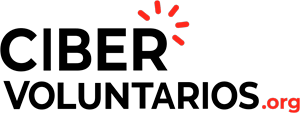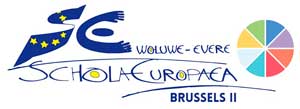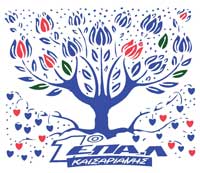
A guide is published for parents to teach their children how to combat misinformation
25/03/2024 Docheck
This document offers tips and activities to help families fight misinformation and nurture critical thinking skills amidst the challenges of the digital era
In a bid to assist parents in combating misinformation, especially that which could significantly impact their children, DoCHECK! has unveiled a comprehensive guide aimed at enhancing their understanding of misinformation, its importance, and the development of critical thinking within the family context.
The guide delves into the meaning and consequences of terms like misinformation or hoaxes, emphasizing their deceptive nature and the intention behind spreading them to manipulate people. It also stresses the significance of addressing these challenges, particularly in the digital realm, where young people are exposed to a vast array of information through social media.
With a focus on effectively tackling these issues, the guide provides practical tools. It highlights the pivotal role of media literacy in navigating content consumption on social platforms, accessing verification resources, consulting trustworthy websites, and implementing online safety measures.
Furthermore, the guide underscores the value of fostering open dialogues between parents and children, offering a platform to discuss the impact of misinformation and encourage critical analysis. It also encourages participation in workshops and discussions where parents can receive training in media literacy and understand the risks associated with social networks.
Media literacy, a central theme in the guide, is portrayed as a vital skill in today’s society, empowering individuals to critically analyze informational content. The publication advocates for the use of educational resources like lesson plans and videos to promote critical thinking and address various media-related topics.
In summary, DoCHECK!’s guide presents a holistic approach to combating misinformation, actively engaging parents in media literacy education. By equipping them with tools and insights, the guide aims to safeguard future generations from the perils of the digital age, promoting informed analysis and responsible media consumption.











